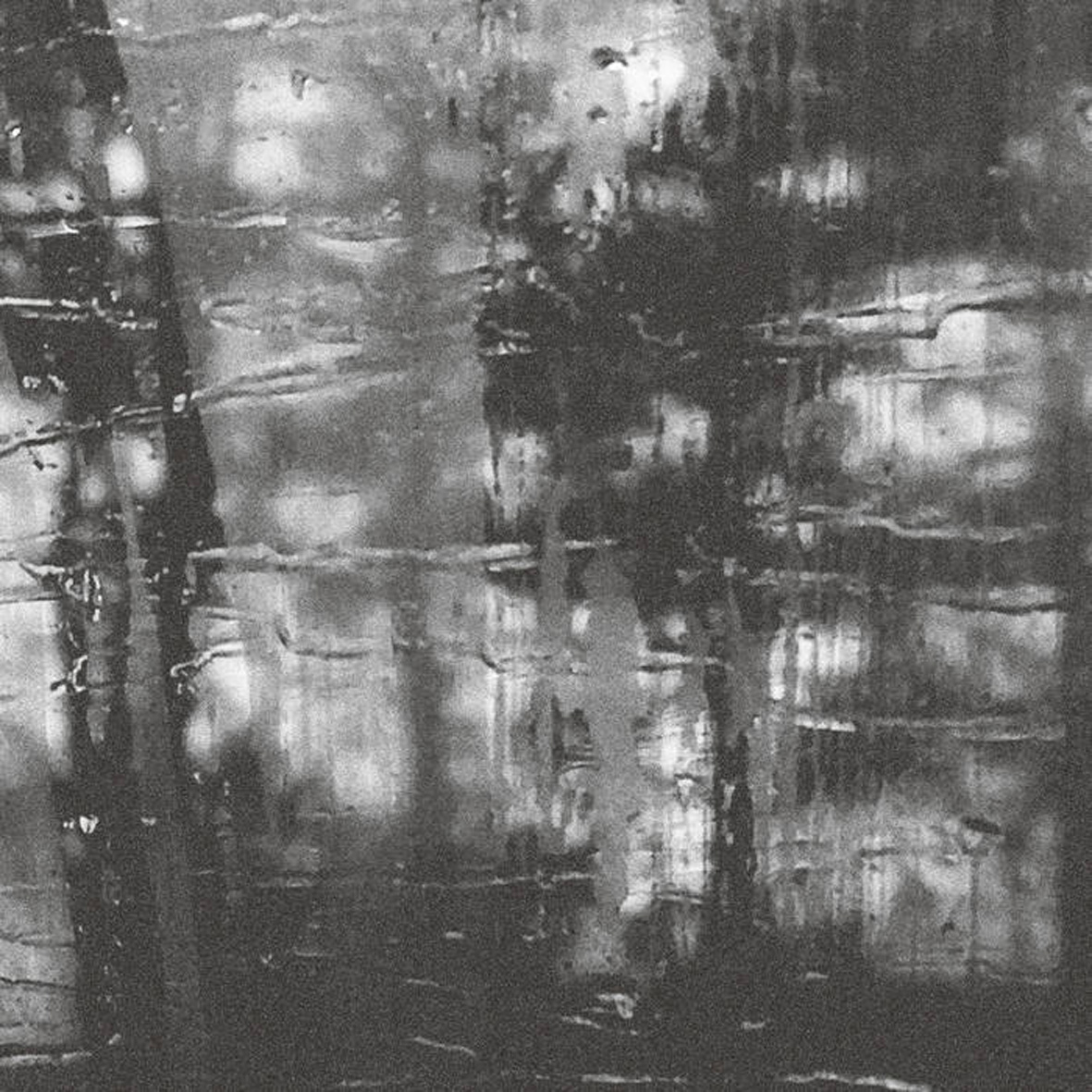 This is Westberg's first solo album as a non-Swan, an occasion he chose to celebrate by radically transforming his working methods: After Vacation abandons his characteristic single-take/no-overdubbing purist high-wire act for a far more expansive, composed, and produced aesthetic. The latter bit is especially significant, as Westberg credits producer Lawrence English as something of a collaborator and After Vacation quite fits comfortably among Room40's more ambient-drone releases. Admittedly, that approach dilutes Westberg's magic a bit, as his home-recorded releases are a bit more distinctive than this one. After Vacation is a fine release in its own right, however, as Westberg makes the most of his expanded palette, crafting a superb (if understated) headphone album that reveals vibrant layers of depth, nuance, and buried melody with attentive listening.
This is Westberg's first solo album as a non-Swan, an occasion he chose to celebrate by radically transforming his working methods: After Vacation abandons his characteristic single-take/no-overdubbing purist high-wire act for a far more expansive, composed, and produced aesthetic. The latter bit is especially significant, as Westberg credits producer Lawrence English as something of a collaborator and After Vacation quite fits comfortably among Room40's more ambient-drone releases. Admittedly, that approach dilutes Westberg's magic a bit, as his home-recorded releases are a bit more distinctive than this one. After Vacation is a fine release in its own right, however, as Westberg makes the most of his expanded palette, crafting a superb (if understated) headphone album that reveals vibrant layers of depth, nuance, and buried melody with attentive listening.
The old adage "necessity is the mother of invention" goes a long way towards explaining the niche that Norman Westberg has quietly carved out for himself with his home recordings over the last few years.So many great and groundbreaking albums over the last several decades have been directly or indirectly birthed by hurdles like primitive recording equipment, cheap gear, or pure technical ineptitude.In Westberg's case, the challenging constraint was admittedly a self-imposed one, yet it was no less effective in steering him into a compellingly unique style.Given that he has had such success with his brand of loop-based, performative minimalism, it was something of a bold choice to open himself up to a potentially paralyzing world of infinite possibilities with this latest outing.Then again, maybe it was not: Westberg's previous work could be interpreted as an intimate and understated counterbalance to his work in Swans–now that Swans are no more, his solo albums have become his primary canvas.In any case, it is interesting to see the various directions that he uses his newfound freedom to explore on After Vacation.Of the album's many threads, the opening "Soothe the String" perhaps takes the most predictable and instantly gratifying path, embellishing Westberg's characteristic drones and swells with a melodic motif that feels like a hauntingly Lynchian take on Morricone-influenced noir.The closing title piece has roughly the same idea, but heads in a far more sun-dappled and meditative direction, as Westberg languorously explores an acoustic guitar melody over a serene backdrop of warmly shimmering drones and a chorus of crickets.
Both are fine pieces, but the more I listen to After Vacation, the more I find myself increasingly drawn to the more subtle work that lies between them.In particular, the 12-minute epic "Levitation" stands as the album’s understated centerpiece, lazily unfolding as a rippling dreamscape of shimmering guitar drones over a wobbly submerged pulse.Elsewhere, "Sliding Sledding" dabbles in elegantly blurred slow-motion psychedelia a la Expo '70, while "Drops in a Bucket" approximates a guitar-based twist on the hallucinatory "sci-fi tribal" aesthetic pioneered by Zoviet France and Rapoon.The latter is one of the most deceptively sophisticated and immersive pieces on the entire album, as its warbling organ-like motif slowly winds its way through a shuddering, throbbing sea of brooding loops.My other favorite piece is "Norman Seen As An Infant," which delves into similarly haunting territory, as Westberg weaves a subtly vibrant and shimmering web of ghostly feedback, murky layering, and a billowing fog of darkly impressionistic overtones.
Contextualizing After Vacation within the existing arc of Westberg’s solo discography is a bit of a tricky puzzle, as it simultaneously feels like a leap forward and a partial erosion of what made his work great in the first place.That is more of a testament to exquisite pleasures of hearing a master work in real-time than a legitimate shortcoming here though–I have no reservations at all about calling After Vacation another fine album.However, there is a bit an uneven/transitional feel that muddies the waters a bit, as though Westberg is trying out several new directions at once with varying degrees of success.I suspect a lot of that feeling unavoidably comes from my personal expectations for what a Norman Westberg album should sound like, however, so someone with less of a history with his work would probably not be plagued with any such doubts at all.More importantly, After Vacation is easily the most accessible of Westberg's releases, so it is the most likely to lure in such listeners.They will not be disappointed, as there is quite a lot to love here regardless of whether the album is viewed on its own merits or within the context of Norman's evolution as an artist–his hit rate remains as impressive as ever.And frankly, an aesthetic jailbreak like this had to come along eventually, as there was no way that Westberg could continue within his narrow constraints forever without starting to repeat himself.I did not quite expect it to happen this soon, but it is certainly a pleasant surprise that he was able to manage the transformation so seamlessly and unveil a few fresh classics to boot.
Read More

